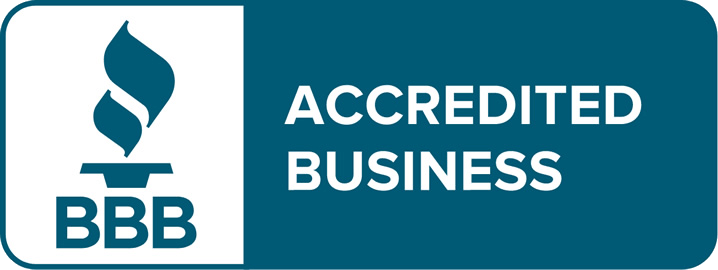Do you have a tax lien? If so, how it impacts your credit profile may soon change.
The three major credit reporting agencies (TransUnion, Equifax, & Experian) have come to the realization that they cannot include tax lien information on consumer credit reports and still be in compliance with the Fair Credit Reporting Act, 15 U.S.C. § 1681 (“FCRA”). The FCRA requires credit reporting agencies to “follow reasonable procedures to assure maximum possible accuracy of the information concerning the individual about whom the report relates”. Simply put, credit reporting agencies have found it too costly to accurately report tax liens on consumer reports and will therefore no longer include this information beginning April 2018.
 It is important to understand how a tax lien impacts your financial profile to determine whether this new development will benefit you.
It is important to understand how a tax lien impacts your financial profile to determine whether this new development will benefit you.
Credit reporting agencies compile data and then this data is used to formulate your FICO score. The FICO score was developed in 1956 by Bill Fair and Earl Isaac, to measure consumer credit risk and is used by most financial institutions to make decisions on whether to furnish or deny credit. Since your FICO score is based off of reporting by the three major credit bureaus that will no longer include tax liens, it is likely you may see an increase in your credit score. Depending on the type of credit you are seeking, your FICO score can play a major role in determining the cost and amount of credit you are eligible for. If you received credit of any type while you had a tax lien on your credit report, you may want to consider talking with your lender to see if you are eligible for a rate reduction. They will likely pull a new credit report and that report should no longer include your tax lien, thereby increasing your score and reducing your credit risk. This is likely to work with loans that involve a less intensive underwriting process.
Loans that are typically reviewed with greater scrutiny (e.g. mortgages) may not be impacted in any way as a result of this new development. Lenders will still be privy to tax lien information if they seek it out specifically. Companies such as LexisNexis offer reports on liens and judgments and claim to be accurate on over 99% of their reports. If your lender specifically seeks out this data, the removal on your credit report will likely have zero impact on your ability to secure or renegotiate a loan.
If a tax lien is still creating problems for you, there are permanent solutions to find relief.
Form 12277 must be filed with the IRS in order to request a tax lien be withdrawn and no longer reported anywhere. While anyone can file Form 12277, the filing begins a formal review process that is most successful when navigated by a seasoned tax professional. At 20/20, we have an excellent track record of formally having tax liens withdrawn. Please contact us for a consultation to discuss the merits of your tax lien and how we can assist you in obtaining a formal withdrawal.



